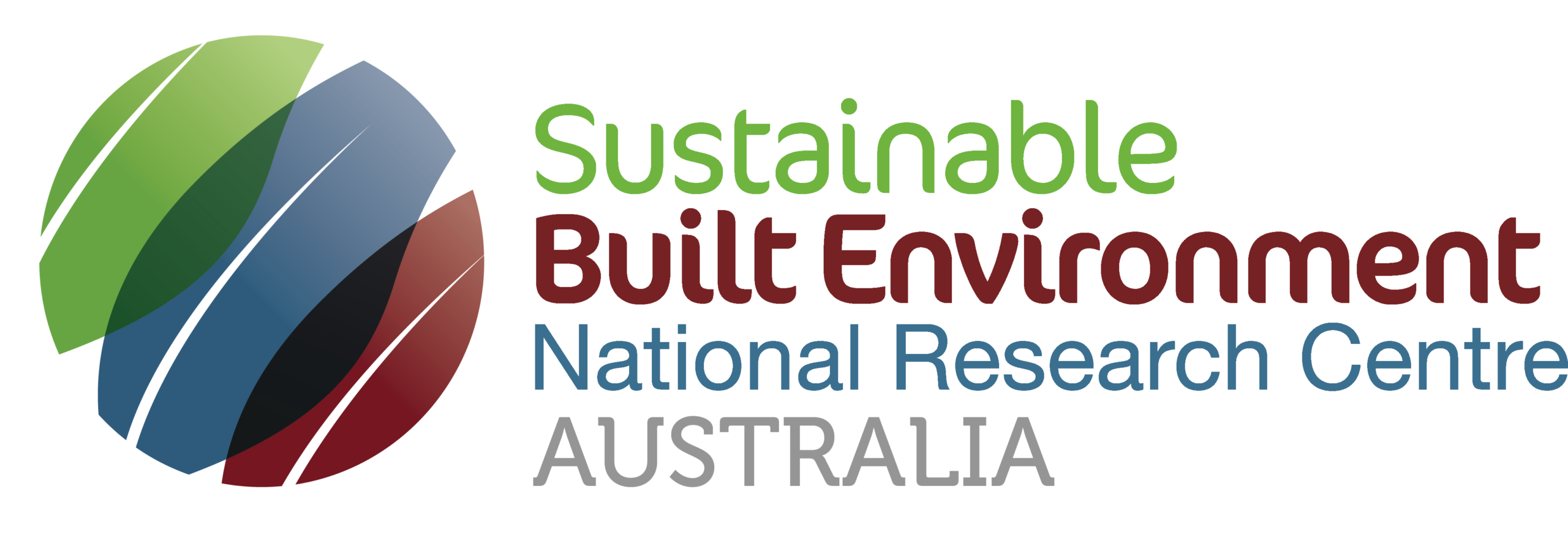
1.10.3 Climate Resilient Regional Communities: Decarbonisation and Wellbeing in Homes and Energy Systems

Project Number
1.10.3Round
Round 10Date
April 2025 - September 2026Research Contact

Chair, Project Steering Group
Julie Saunders
CEO, Community Housing Industry Association (CHIA)
jsaunders@urbis.com.au

Project Leader
Ray Maher
BSc M.Arch.
The University of Queensland
r.maher@uq.edu.au

Senior Researcher
Dr Keivan Bamdad
MSc PhD
Western Sydney University
k.bamdad@westernsydney.edu.au

Senior Researcher
Associate Professor Yingbin Feng
BEng MSc PhD
Western Sydney University
Y.Feng@westernsydney.edu.au

Senior Researcher
Carroll Go-Sam
B.Arch (Hons)
The University of Queensland
c.gosam@uq.edu.au

Senior Researcher
Associate Professor Kelly Greenop
B.Arch, Gad Higher Ed, PhD
The University of Queensland
k.greenop1@uq.edu.au

Senior Researcher
Dr Shaneen Fantin
B.Arch (Hons), PhD, Dip PM, FRAIA
The University of Queensland
admin@shaneenfantin.com.au

Senior Researcher
Dr Tony Heynen
B.Eng (Hons), PG Dip Sc, M Eng Sc, MBA, PhD
The University of Queensland
a.heynen@uq.edu.au
Documents for Downloading
This project will identify and evaluate innovative design strategies and technology-agnostic solutions to enhance energy security, decarbonisation and climate resilience in regional communities. The project will provide industry, government and community partners actionable strategies which integrate climate-responsive building and neighbourhood design strategies, development planning, modern methods of construction, renewable energy systems, within a framework for working with communities. In particular, this project will identify and evaluate strategies to meet climate resilience targets and decarbonisation in regional community housing, using stakeholder-driven frameworks and internationally recognised best practises. Working with partners, project outcomes are expected to enhance operational energy efficiency of housing, reduce carbon emissions, and identify pathways to climate resilience targets. By taking a whole-of-systems perspective aligned with expressed community needs, the project presents strategies with medium- to long-term benefits of reduced cost of living (energy and insurance) and enhanced health and wellbeing. The wellbeing of regional communities will be enhanced by both net-zero targets and improving human rights to adequate housing.
Objectives
The objectives of this project are organised under four broad categories:
- Understand challenges and needs of a regional community case study related to housing adequacy and energy security. This includes mapping climate vulnerabilities, housing performance, and energy access issues through direct engagement with community stakeholders.
- Identify climate resilience and thermal comfort options for regional housing. Design and construction strategies will be explored along a spectrum from low-cost retrofits to innovative new build approaches suited to tropical conditions.
- Energy system strategies for decarbonisation and reducing whole of life costs in regional communities. Technology-agnostic solutions will be assessed to enhance energy security, reduce emissions, and lower living costs for remote households.
- Provide specific recommendations which integrate socio-culturally responsive housing and energy systems. Strategies will be prioritised based on cultural fit, feasibility, and their potential to deliver tangible benefits to government, industry, and communities.
These objectives are supported by an in-depth case study of a regional Australian community to harness local perspectives and experience, test strategies, and demonstrate potential feasibility and impact.
Industry Outcomes
This project aims to deliver the following key industry outcomes:
- Provide stakeholders with actionable strategies and best practices to reduce cost of living (energy and insurance) and enhance health and wellbeing through housing and energy systems.
- Understand regional and First Nations perspectives on climate effectiveness and adequacy of existing housing stock to inform evaluations, policy, design guidelines, procurement and delivery.
- Provide industry and government partners with socio-culturally responsive engagement methods to inform future projects.
- Demonstrate the impact of innovative housing and energy strategies, in significantly reducing carbon emissions while enhancing liveability in a changing climate.











